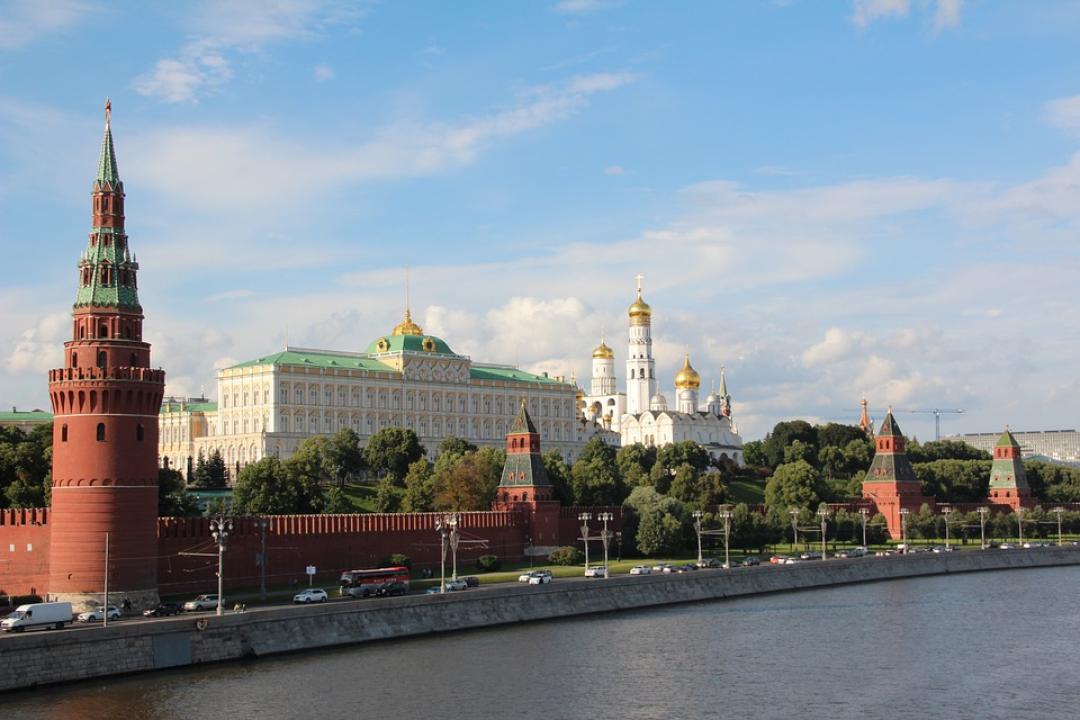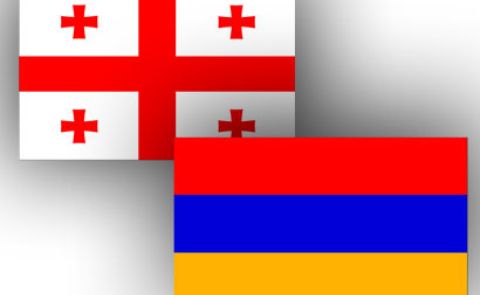
South Caucasus in Flux and Russia’s Increased Influence in the Region

Author: Emil Avdaliani, Georgia
As the US and EU experience major internal problems and China, Russia, Turkey and Iran become more cooperative on crucial Eurasian affairs, geopolitical reshuffle would result in a larger Russian economic and military influence in the South Caucasus region.
The geopolitical situation in and around the South Caucasus is in flux. This fits well into the global disorder we have been seeing over the past several years across the Eurasian landmass where the US has reversed its decades-long policy of specific alliances which in turn gave rise to various partnerships, namely between Russia and Turkey, Russia and China, Russia and Iran. Since the South Caucasus borders on most of this Eurasian powers, the changing geopolitical landscape has a direct influence on internal as well as foreign policy development of Armenia, Azerbaijan and Georgia.
Perhaps the most serious problem for the three countries is the nascent rapprochement between the West and Russia. Political statements as well as various practical moves show that there is a serious discussion going on in the EU on reinstating at least some parts of erstwhile relations with Moscow. Though Armenia and Azerbaijan are not openly seeking western integration, Yerevan and and Baku have always been interested in balancing Russian influence with more of the EU in the region. In the long run, Europe’s changed rhetoric towards Moscow would likely mean increased Russian influence in the South Caucasus and diminution of the three countries’ ability to navigate Russia’s actions.
This geopolitical change has already been visible in the rhetoric and practical steps of the South Caucasian countries. In Georgia, the government, very sensitive to reverberations among its western allies, has already initiated a political novelty. The first ever high level meeting between Georgian and Russian officials since Russian invasion in 2008 took place several weeks ago.
While many castigated the ruling party for re-establishing a high-level contact with the Russians, a larger geopolitical perspective has been missed: the need to secure its positions in an increasingly destabilized region drove Tbilisi to act at this specific moment. In Armenia and Azerbaijan there is a growing consensus among the political elites that EU/NATO expansion to the South Caucasus is effectively stalled and to hedge their positions it would rather be expedient to build more amicable relations with Moscow.
This trend in the South Caucasus also fits into a wider Eurasian context where various states now seek closer cooperation with Moscow or at least have lowered their anti-Russian sentiment. For example, in Ukraine the Ukrainian President’s made significant efforts to reach even partial progress in eastern Ukraine agreeing to holding elections in the eastern Ukraine. In Moldova western powers have cooperated with Moscow on removing the corrupt government of Vladimir Plahotniuc. In Central Asia, Uzbekistan is likely to join the Eurasian Economic Union (EEU) thus reversing the odds of the integration project. Moreover, in Belarus Moscow, it seems, has reached a considerable progress over financial and juridical merger with Minsk by 2022. Thus there is a clear trend of Europe trying to stabilize its strained relations with Russia.
There are large destabilizers too. The war in Syria too would serve as a primary example as it can potentially affect the region’s three countries. Potential spread of terrorist fighters from Syrian prisons to the wider Eurasia is especially troubling for Georgia as many from its region, Pankisi Gorge, travelled to Syria-Iraq throughout the Syrian conflict. Similar fears exist in Azerbaijan, while in Armenia an influx of refugees of Armenian descent is expected.
Thus a long-term perspective for the South Caucasus is not positive. The region would be surrounded by geopolitically expansive Iran, Turkey and Russia. Moreover, Western stance would be diminished. Surely, Georgia would continue its pro-western path and economic, cultural and military cooperation with Europe and the US will increase, though the country will stay short of NATO/EU membership. In fact, a look at the map of the South Caucasus shows that it would be difficult for the West to get Georgia into NATO/EU in the current geopolitical context. Tbilisi is almost surrounded by Russian troops. Military bases in Abkhazia, Tskhinvali region and in Gyumri, Armenia, would serve as a strong disincentive for the West. Making a move in a militarily highly-congested region would require a much stronger and stable leadership in the West, similar to what we saw in the post-World War II period when US troops were facing the Soviet in various parts of the world, risking global warfare. From the Russian perspective militarization of the South Caucasus thus creates an insecure region that precludes an already hesitant West from active political and military involvement.
Considering major geopolitical trends in Russia-Turkey, Russia-West relations, it is likely that Azerbaijan will drift closer to Moscow. This might materialize into Baku actively seeking CSTO or EEU membership, which will constitute a major shift in the regional geopolitics as the country serves as a gateway to East-West economic corridor which connects the Caspian and Black Seas. Georgia is important strategically, but without Azerbaijan, western influence in the region would be diminished. Armenia as well will increase its strategic partnership with Russia both in military, security and economic spheres. Differences which surfaced between Yerevan and Moscow after the Velvet Revolution would mostly be minimized.
Thus in the coming years we are likely to see the South Caucasus with a much larger Russian influence and a decreased western role in economic, military and security issues.
See Also


Economic Cooperation Between Armenia and Georgia: Potential and Challenges Ahead

Russia and Occupied Abkhazia: A New Type of Relations

Georgia and US: From Close Ties to Caution

Armenia and Georgia Strengthening Trade and Infrastructure Under Global Shifts and Sanctions

